
Developing Policy Recommendations to Advance Faith-sensitive Mental Health and Psychosocial Support for Children on the Move
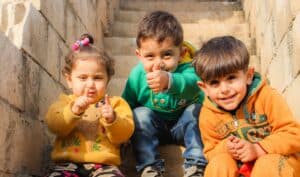
Over 150 policymakers, faith actors, representatives of governments and UN agencies and other humanitarian actors got together to produce concrete policy recommendations to advance faith-sensitive mental health and psychosocial support for children on the move.
UNICEF estimates that 37 million children are on the move in the world today. Children affected by forced migration and displacement are one of the most vulnerable groups, suffering from multiple violations of their rights and experiencing stressful and traumatic conditions that have a severe impact on their psycho-social well-being.
The rapid increase in child migration in the last decade has highlighted the need to set up specific policies and frameworks to protect children on the move.
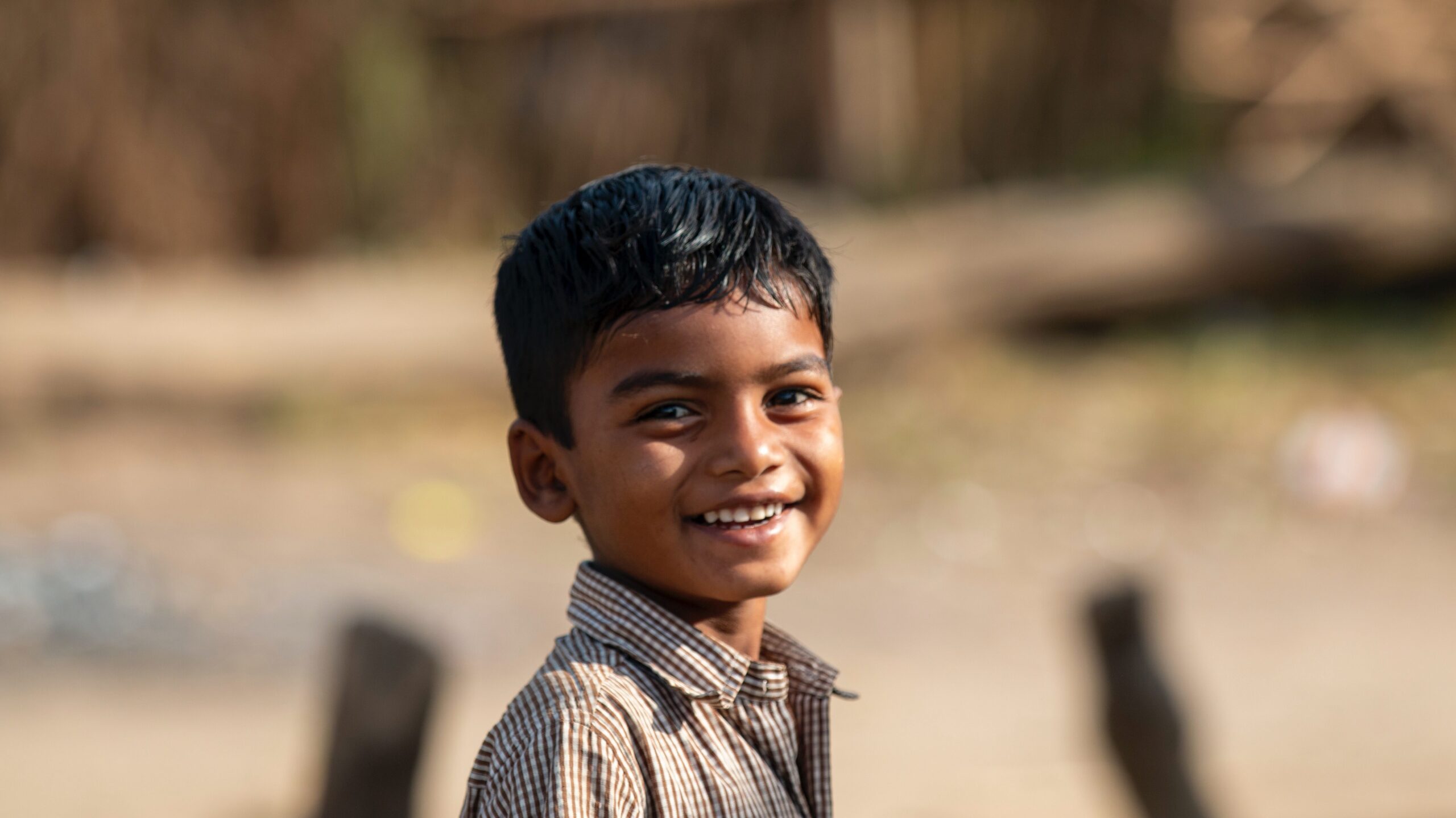
While mental health and psychosocial support of children on the move have been at the center of many effective approaches to enhance the protection and well-being of migrant children, faith-inspired psycho-social support frameworks have been largely overlooked.
“We need to meet people, children included, where they are at. We need to listen, learn, seek to understand and tailor our approaches. We need to make sure that policy leaves room for taking into consideration the religious and spiritual experience of the population in question,” stated Ms. Stephanie Shanler, Child Protection Specialist at UNICEF, during the roundtable discussion focused on Syria.
Faith-sensitive mental health and psychosocial support approaches play a crucial role in ensuring the well-being of children on the move. Spiritual nurture supports children’s resilience, acting as a protective factor positively affecting trauma responses during displacement.
Three roundtable discussions dedicated to producing policy recommendations were organized between December 2022 and February 2023. The discussions were focused on the countries of the Northern Triangle in Latin America (Guatemala, Honduras and El Salvador), Syria and Ukraine.
“It is not ‘faith-sensitive’ in terms of knowing everything about religious expression. It is very much about listening and asking questions. So much of the guidelines (Faith-Sensitive Approach in Humanitarian Response) is about mapping, assessing, listening, identifying,” highlighted Professor Alastair Ager, Director of the Institute of Global Health and Development at Queen Margaret University, at the Roundtable focused on the Ukraine crisis.
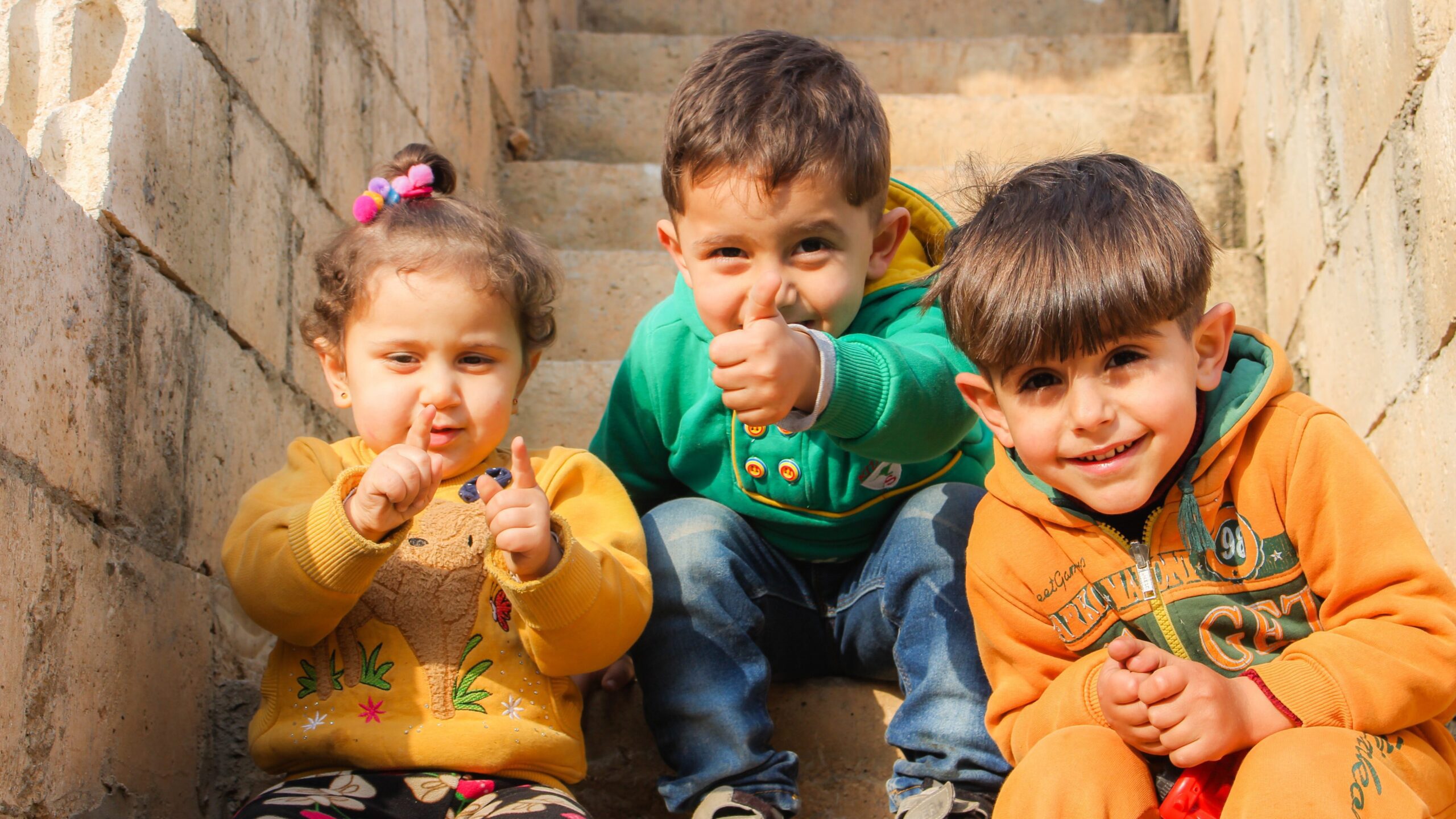
These roundtables were organized under the umbrella of the Partnership on Religion and Sustainable Development (PaRD) and sponsored by GIZ. They were co-hosted by Arigatou International, the Institute for Global Health and Development at Queen Margaret University, the United States Institute of Peace, World Vision International, KAICIID Dialogue Center, Islamic Relief Worldwide, the Network for Traditional and Religious Peacemakers and Syria Bright Future for the roundtable in Syria.
“We recognized, as we started rolling out the program, that faith leading was needed, especially as it was one of the few positive things in a child’s life that they could hold on to, that can propel positive behavior,” said Christalle Gemon, when sharing about her experience working with children and youth at the UNDP Trinidad and Tobago Accelerator Lab.
The first phase of this project took place back in 2021 when a series of three webinars were organized for educators and policymakers working with migrants and refugees in Europe. A booklet titled “Faith Sensitive Mental Health and Psychosocial Support (MHPSS) to Foster Resilience in Children on the Move” was launched in November 2021 as part of the project. The booklet builds on the reflections and recommendations collected during the series of webinars.
The policy discussions helped translate the knowledge and best practices outlined in the booklet into concrete policy recommendations. A policy brief will be developed in the first half of 2023 to inform the efforts of host governments and other relevant stakeholders in supporting, adopting and implementing faith-sensitive mental health and psychosocial support approaches as part of a broader strategy to foster peacebuilding and sustaining peace.
The post Developing Policy Recommendations to Advance Faith-sensitive Mental Health and Psychosocial Support for Children on the Move appeared first on Ethics Education for Children.
The post Developing Policy Recommendations to Advance Faith-sensitive Mental Health and Psychosocial Support for Children on the Move appeared first on Arigatou International.

Developing Policy Recommendations to Advance Faith-sensitive Mental Health and Psychosocial Support for Children on the Move

Over 150 policymakers, faith actors, representatives of governments and UN agencies and other humanitarian actors got together to produce concrete policy recommendations to advance faith-sensitive mental health and psychosocial support for children on the move.
UNICEF estimates that 37 million children are on the move in the world today. Children affected by forced migration and displacement are one of the most vulnerable groups, suffering from multiple violations of their rights and experiencing stressful and traumatic conditions that have a severe impact on their psycho-social well-being.
The rapid increase in child migration in the last decade has highlighted the need to set up specific policies and frameworks to protect children on the move.

While mental health and psychosocial support of children on the move have been at the center of many effective approaches to enhance the protection and well-being of migrant children, faith-inspired psycho-social support frameworks have been largely overlooked.
“We need to meet people, children included, where they are at. We need to listen, learn, seek to understand and tailor our approaches. We need to make sure that policy leaves room for taking into consideration the religious and spiritual experience of the population in question,” stated Ms. Stephanie Shanler, Child Protection Specialist at UNICEF, during the roundtable discussion focused on Syria.
Faith-sensitive mental health and psychosocial support approaches play a crucial role in ensuring the well-being of children on the move. Spiritual nurture supports children’s resilience, acting as a protective factor positively affecting trauma responses during displacement.
Three roundtable discussions dedicated to producing policy recommendations were organized between December 2022 and February 2023. The discussions were focused on the countries of the Northern Triangle in Latin America (Guatemala, Honduras and El Salvador), Syria and Ukraine.
“It is not ‘faith-sensitive’ in terms of knowing everything about religious expression. It is very much about listening and asking questions. So much of the guidelines (Faith-Sensitive Approach in Humanitarian Response) is about mapping, assessing, listening, identifying,” highlighted Professor Alastair Ager, Director of the Institute of Global Health and Development at Queen Margaret University, at the Roundtable focused on the Ukraine crisis.

These roundtables were organized under the umbrella of the Partnership on Religion and Sustainable Development (PaRD) and sponsored by GIZ. They were co-hosted by Arigatou International, the Institute for Global Health and Development at Queen Margaret University, the United States Institute of Peace, World Vision International, KAICIID Dialogue Center, Islamic Relief Worldwide, the Network for Traditional and Religious Peacemakers and Syria Bright Future for the roundtable in Syria.
“We recognized, as we started rolling out the program, that faith leading was needed, especially as it was one of the few positive things in a child’s life that they could hold on to, that can propel positive behavior,” said Christalle Gemon, when sharing about her experience working with children and youth at the UNDP Trinidad and Tobago Accelerator Lab.
The first phase of this project took place back in 2021 when a series of three webinars were organized for educators and policymakers working with migrants and refugees in Europe. A booklet titled “Faith Sensitive Mental Health and Psychosocial Support (MHPSS) to Foster Resilience in Children on the Move” was launched in November 2021 as part of the project. The booklet builds on the reflections and recommendations collected during the series of webinars.
The policy discussions helped translate the knowledge and best practices outlined in the booklet into concrete policy recommendations. A policy brief will be developed in the first half of 2023 to inform the efforts of host governments and other relevant stakeholders in supporting, adopting and implementing faith-sensitive mental health and psychosocial support approaches as part of a broader strategy to foster peacebuilding and sustaining peace.
The post Developing Policy Recommendations to Advance Faith-sensitive Mental Health and Psychosocial Support for Children on the Move appeared first on Ethics Education for Children.
The post Developing Policy Recommendations to Advance Faith-sensitive Mental Health and Psychosocial Support for Children on the Move appeared first on Arigatou International.

GNRC India Committee Launch
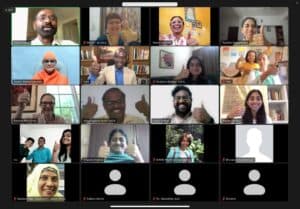
On July 26th, 2022, GNRC India launched its committee in a virtual event that had over sixty adults and one hundred and twenty children participants from different faiths, mainly Hinduism, Islam, Christianity, and Buddhism.
Mr. Vijayaragavan Gopal, Coordinator, GNRC India, shared their vision, introduced their initiatives, and outlined the role of the committee members. “A proud moment for all of us indeed. I am sure that the committee will put in the best of efforts in knowledge to achieve our common vision that every child has a right to a dignified life” he stated.
Arigatou International initiatives Directors, from Prayer and Action for Children, and End Child Poverty, Ms. Rebeca Rios-Kohn and Rev. Fred Nyabera, respectively, joined Dr. Mustafa Y. Ali, Secretary General, GNRC, in congratulating GNRC India on their launch.
The event came to an end after Dr. Mustafa pronounced GNRC India Committee officially launched.
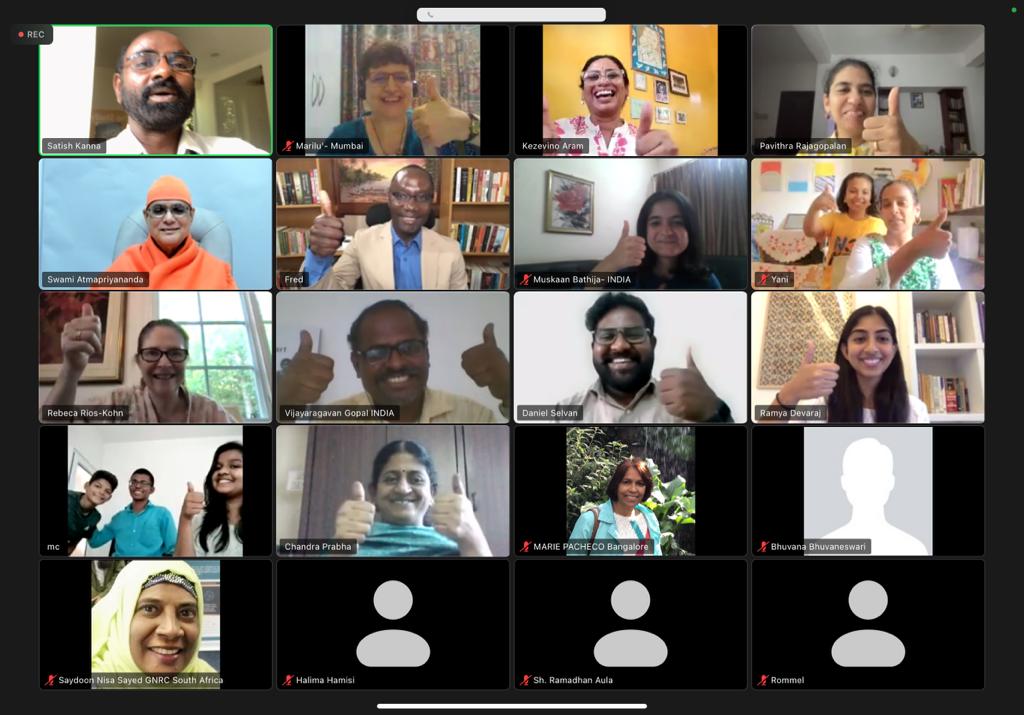
The post <strong>GNRC India Committee Launch</strong> appeared first on Global Network of Religions for Children.
The post GNRC India Committee Launch appeared first on Arigatou International.

GNRC India Committee Launch

On July 26th, 2022, GNRC India launched its committee in a virtual event that had over sixty adults and one hundred and twenty children participants from different faiths, mainly Hinduism, Islam, Christianity, and Buddhism.
Mr. Vijayaragavan Gopal, Coordinator, GNRC India, shared their vision, introduced their initiatives, and outlined the role of the committee members. “A proud moment for all of us indeed. I am sure that the committee will put in the best of efforts in knowledge to achieve our common vision that every child has a right to a dignified life” he stated.
Arigatou International initiatives Directors, from Prayer and Action for Children, and End Child Poverty, Ms. Rebeca Rios-Kohn and Rev. Fred Nyabera, respectively, joined Dr. Mustafa Y. Ali, Secretary General, GNRC, in congratulating GNRC India on their launch.
The event came to an end after Dr. Mustafa pronounced GNRC India Committee officially launched.

The post <strong>GNRC India Committee Launch</strong> appeared first on Global Network of Religions for Children.
The post GNRC India Committee Launch appeared first on Arigatou International.

Children leading the way in sustainable development
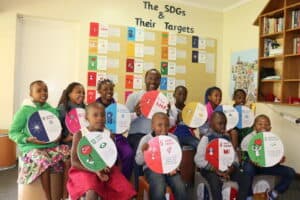
Children in Kenya and Sri Lanka have been learning about sustainable development through a fun and integrated approach. Through Arigatou International’s SDGs Academy for Children, more than 300 children participated in several learning sessions hosted by the SDGs Academy Pioneer Hub in Limuru, Kenya, and SDGs Academy Model Classroom in Colombo, Sri Lanka, within the past year.
These learning sessions covered the overview of “Transforming our world: the 2030 Agenda for Sustainable Development”, highlighting the Sustainable Development Goals (SDGs) in a child-friendly manner.
The sessions also encompassed discussion on ethics and positive values leading to sustainable development, guided by the Learning To Live Together model developed by Arigatou International in collaboration with UNSECO and other key actors.
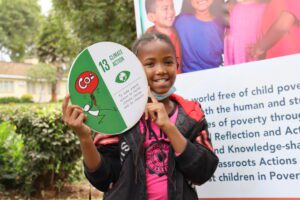 The children, aged 6 to 17 years, further gained a basic understanding of various topics including introductory drone technology and robotics, designing sustainable cities, and climate-smart consumption of food, energy and water. This was accomplished through partnership with organisations such as the Kenya Flying Labs, Ecobana Limited, Excella Biotechnology Limited in Kenya. Partnering organisations in Sri Lanka have been; UNICEF Sri Lanka, The Sustainable Development Councils in Sri Lanka, UNDP, Save the Children Sri Lanka, The Asia Foundation, World Vision, the Department of Sociology, University of Peradeniya.
The children, aged 6 to 17 years, further gained a basic understanding of various topics including introductory drone technology and robotics, designing sustainable cities, and climate-smart consumption of food, energy and water. This was accomplished through partnership with organisations such as the Kenya Flying Labs, Ecobana Limited, Excella Biotechnology Limited in Kenya. Partnering organisations in Sri Lanka have been; UNICEF Sri Lanka, The Sustainable Development Councils in Sri Lanka, UNDP, Save the Children Sri Lanka, The Asia Foundation, World Vision, the Department of Sociology, University of Peradeniya.
As a result of this meaningful children’s participation, these young SDGs champions were able to address stakeholders regarding the SDGs. This was most notably during the ‘Ending Poverty through achieving inclusive education for all’ side-event led by the ATD Fourth World Movement in collaboration with Arigatou International and other partners, at the United Nations High Level Political Forum on the SDGs (HLPF), 17th July 2022 as well as the global commemoration of the International Day for the Eradication of Poverty, 17th October 2022, event also organized by the ATD Fourth World Movement. 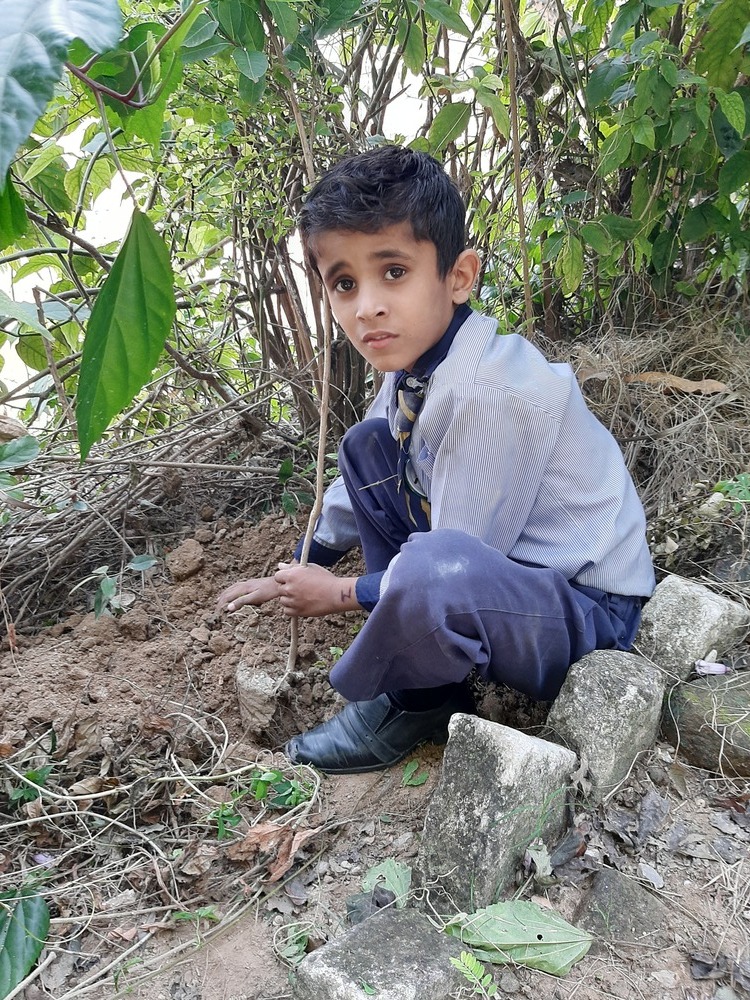
“ I will make my contribution towards sustainable development by mobilizing, educating empowering and raising awareness on the SDGs among children and youth; through various community programmes and campaigns” Sanara, Child from Sri Lanka.
Children particularly served a key role in the ECP@10 Campaign, commemorating 10 years of Arigatou International — End Child Poverty. In addition to participating during the launch of the ECP@10 Campaign on 16th June 2022, the young SDGs champions lead the way in planting hundrends of trees across the world countries, as part of the Grow Trees With Children initiative of the ECP@10 Campaign. Through this specific action, children gave voice to the global concerns on climate change and food security.
Arigatou International’s SDGs Academy for Children (SDGs Academy) is a space and programme for children’s participation, learning and action on the Sustainable Development Goals (SDGs), and the Agenda 2030 in general.
The SDGs Academy covers learning and action on the 5 P’s of the SDGs – People, Planet, Prosperity, Peace and Partnerships. Through this approach, it provides opportunity to bring children’s participation to the fore of sustainable development, while empowering children and their communities towards realization of the SDGs.
Likewise, its online and physical space is organized into 5 hubs being the Knowledge Hub; Capacity Hub; Innovations and Solutions Hub; Dialogue Hub; and the Faith and Fun Hub. On the other hand, the programme comprises of a module-based learning course, storytelling campaign, a multilevel game, as well as advocacy and intergenerational dialogues. It is through these spaces and programme that children learn, reflect and develop with ideas and solutions geared towards the achievement of the SDGs.
Overall, the SDGs Academy for Children presents an innovative opportunity for children to work together with the community around them, towards sustainable development and overcoming child poverty.
In the year ahead, Arigatou International seeks partnerships and the opportunity to expand the reach and positive impact of the SDGs Academy for Children, at grassroots and global levels. We believe that the more children can meaningfully engage in learning and action on sustainable development, the better our collective future will be.
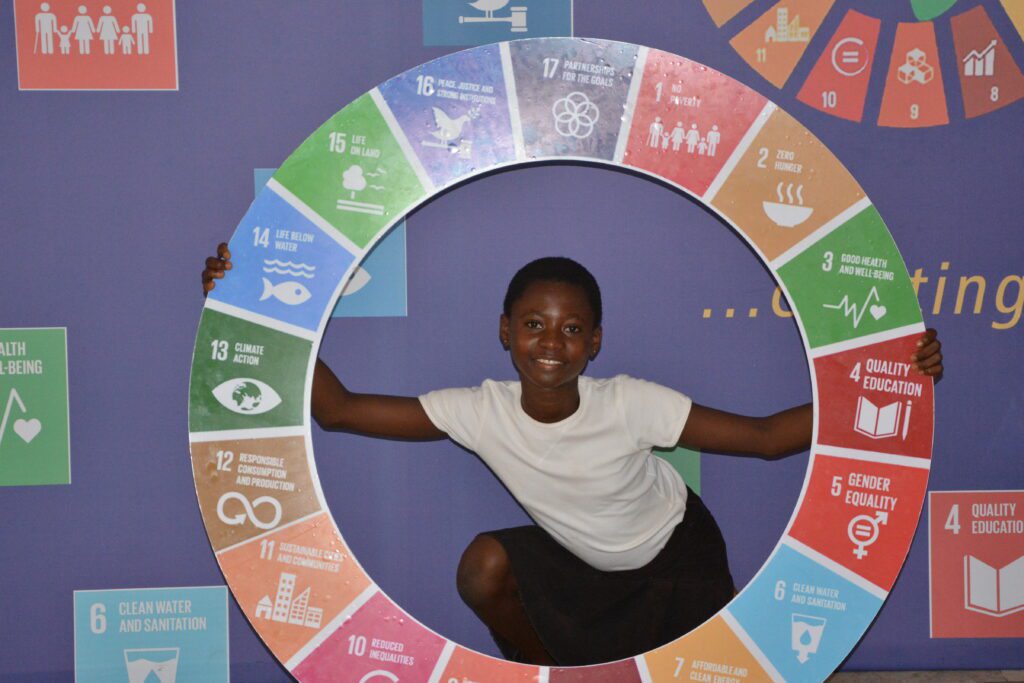
The post <strong>Children leading the way in sustainable development</strong> appeared first on End Child Poverty.
The post Children leading the way in sustainable development appeared first on Arigatou International.






